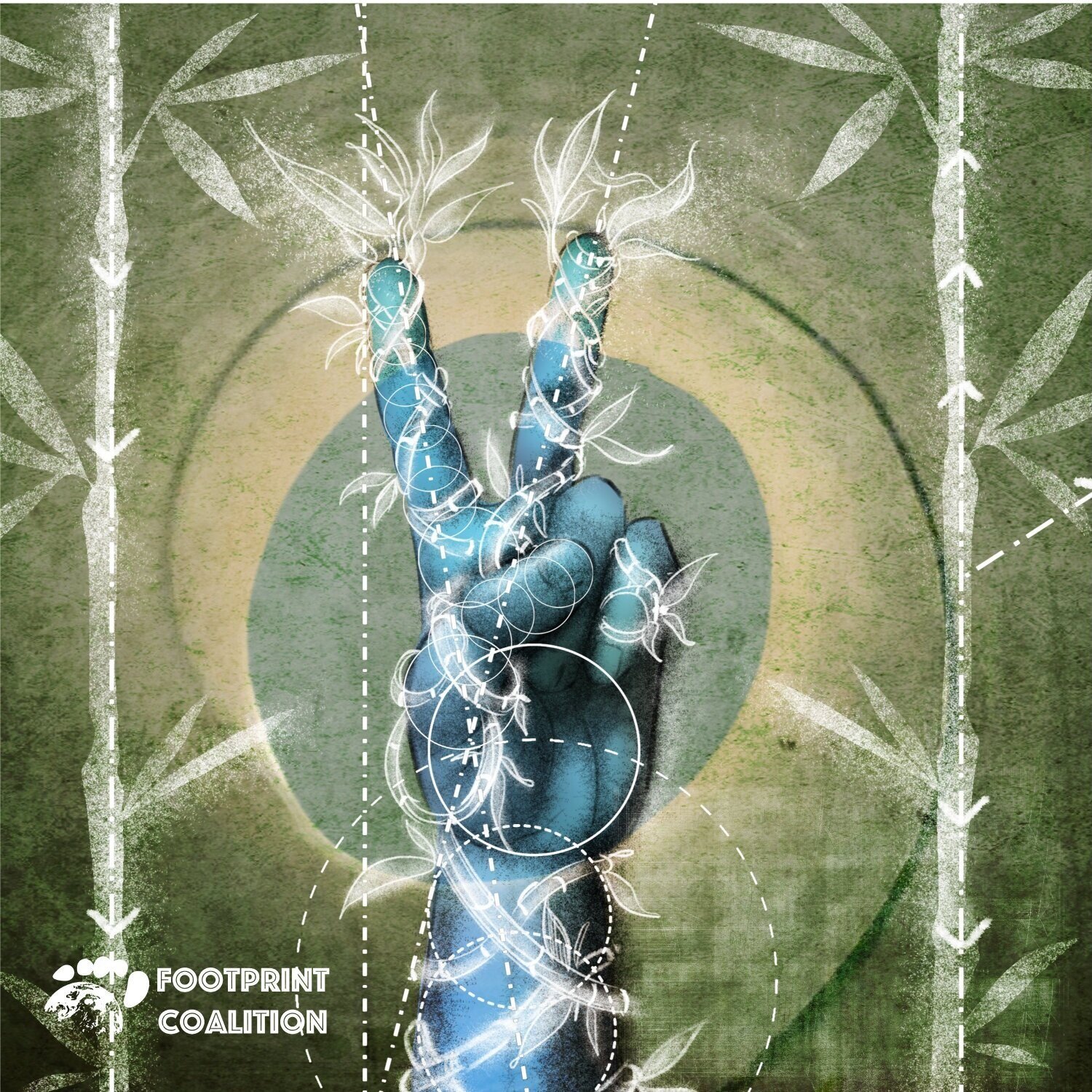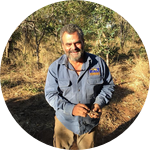Conservation Technology
Categories

Conservation technology broadly encompasses the emerging tools, techniques, and platforms being used to understand and protect the natural world. This Challenge Grant aims to support the design, implementation, or study of important new conservation technology applications.
The Projects
Browse the participating projects
Monitoring ocean health with a new, low-cost, real-time sensor suite
Human activities are causing unprecedented impacts on coral reefs and other marine ecosystems around the...
Citizen science effort to monitor water quality flowing from Little River and Biscayne Canals into Biscayne Bay
Current monitoring of the waters feeding Biscayne Bay are insufficient. There are 20+ basins that flow into...
Are cryptic characteristics preventing the protection of two similar Sphingidae moths?
This project is aimed at understanding the morphological differences between two species of Sphingidae...
Whitebark pine ghost forests, the polar bear of the American west
Whitebark pine trees are a keystone species in alpine ecosystems across the American west. They have been...
Mapping culturally and ecologically important berries from space
Berries are a crucial fall resource for a multitude of wildlife species including migratory birds, threatened...
Do slower speeds reduce wildlife deaths on conservation area roads?
Wildlife deaths due to vehicular collisions are a global concern. Physical barriers to reduce speeding are...
How is wildlife utilizing an urban ecosystem at Wesselman Woods?
Wesselman Woods is home to a 200-acre urban old-growth forest that has been protected from timber harvest...
More About This Challenge
The sciency details
Challenge Aims
Conservation technology is a vibrant new intersection of disciplines.
Biologists are looking to emerging technologies to understand and intervene in the ecosystems they’re trying to monitor and protect. Simultaneously, technologists and engineers are looking to apply their skills to meaningful conservation problems. Both groups are hoping for leverage and scale amidst a daunting array of environmental challenges.
The Conservation Technology Challenge Grant seeks to accelerate this trend by funding projects, people, and teams with important ideas. All aspects of conservation technology research are encouraged to apply: prototypes to field tests to efficacy studies. It doesn't all have to be high-tech, either. Here's an example of an important low-tech conservation innovation that started on Experiment.
About this Challenge Grant Sponsor:
Robert Downey Jr.’s FootPrint Coalition is an organization focused on scaling the adoption of technologies that will advance human systems towards a cleaner environment. FootPrint Coalition makes investments, provides grant funding, and creates content to mobilize a global audience to support its efforts. Learn more at www.footprintcoalition.com
About Experiment:
Experiment is the largest crowdfunding platform for scientific research with a funding success rate of 44%. Experiment's mission is to democratize the research process and remove barriers to scientific success. The average budget of a successful proposal is $4,000. For more information on the Experiment process, please refer to our Researcher Guide: https://experiment.com/guide
The call for proposal will last from now until December 21st, 2020. Proposals should be submitted directly (link below). Early submission is strongly encouraged. Early submissions will have more opportunity for feedback and coaching.
Proposals submitted for the call will be approved or rejected by January 11th and launched on January 12th for a 31 day campaign (ending February 12th). Projects will be promoted by Experiment and allied organizations. Researchers should expect to spend time weekly during the campaign working outreach. Coaching for outreach activities will be provided by Experiment staff. Past experience shows that projects whose proponents and research team mount a strong outreach campaign are most successful.
During the month-long campaign participants will be expected to share the projects with their networks to attract support.
Read carefully: The Challenge Grant prize of $10,000 will be distributed to all participating and eligible projects in proportion to the number of backers accumulated by February 9th (at 5pm PST). To further clarify: on February 9th, projects will receive as an extra bonus a share of the $10,000 prize according to the number of project backers compared to the total number of backers in the competition. For example, suppose Project A has 40 backers, and a total of 500 backers chose to donate across all the projects (including Project A). Project A would then receive a share 40/500 of the $10,000 prize = 0.08*10,000 = $800.







 Challenge Grants
Challenge Grants